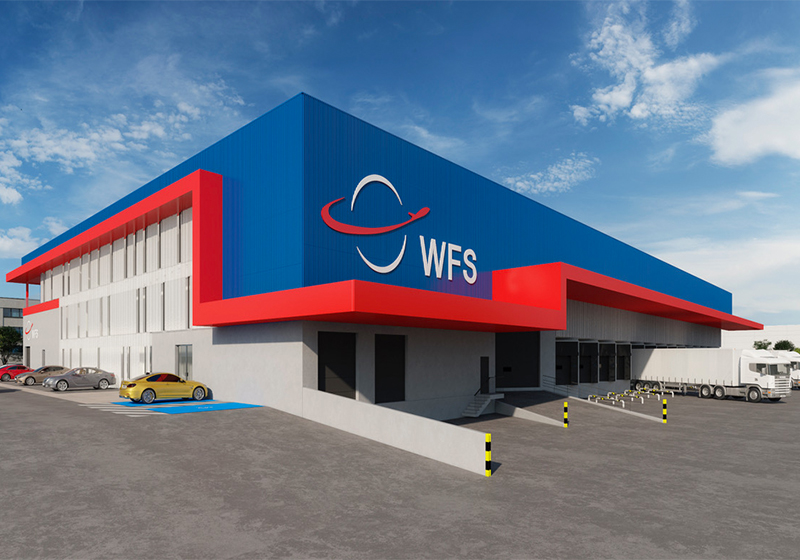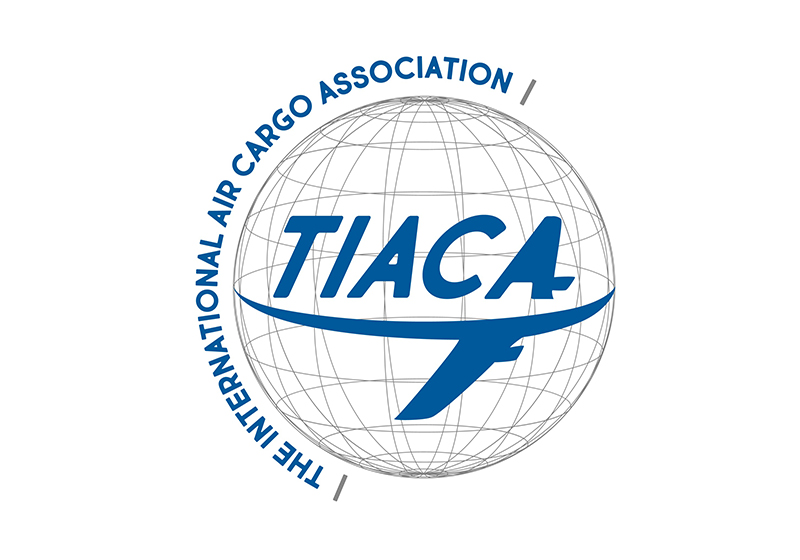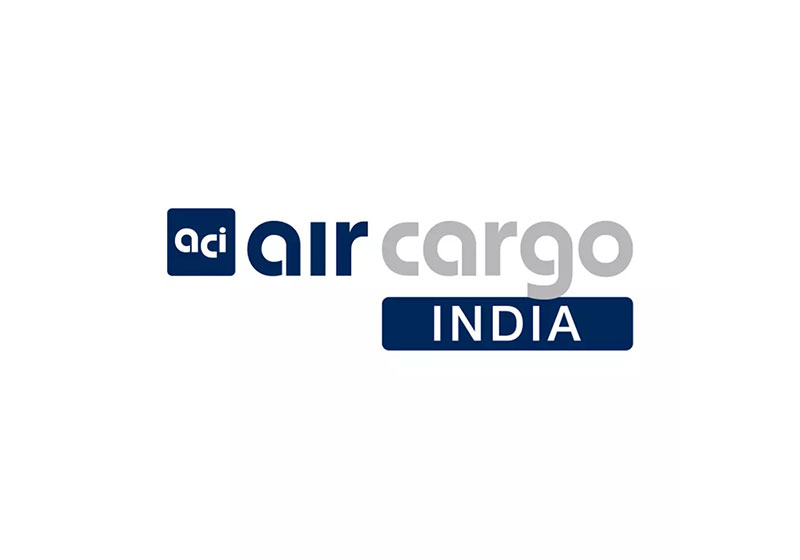His Royal Highness Prince Mohammed bin Salman bin Abdulaziz Al Saud, Crown Prince, Prime Minister and Chairman of the Supreme Committee for Transport and Logistics Services launched the master plan for logistics centers, which aims to further develop the infrastructure of the logistics sector in the Kingdom, diversify the local economy, and strengthen the position of the Kingdom as a leading investment destination and global logistics hub.
HRH the Crown Prince affirmed that the logistics centers master plan is an extension of the ongoing initiatives to strengthen the Kingdom's logistics sector, in line with the objectives of the National Transport and Logistics Strategy (NTLS). The goal is to develop the logistics sector to support economic growth and enhance local, regional, and international connectivity for international trade networks and global supply chains. Additionally, the plan aims to foster partnerships with the private sector, expand job opportunities, and solidify the Kingdom's position as a global logistics hub, capitalizing on its strategic geographical location connecting three major continents: Asia, Europe, and Africa.
The Master Logistics Centers Plan outlines 59 centers, spread across the key strategic regions of Saudi Arabia, with a total area exceeding 100 million square meters. These include 12 logistics centers for the Riyadh region, 12 for the Makkah region, 17 for the Eastern Province, and 18 across the remaining regions of the Kingdom. The ongoing work is focused on 21 centers, with the goal of completing all centers by 2030. The centers will enable local industries to efficiently export Saudi products, as well as support e-commerce by facilitating rapid connections between logistics centers and distribution hubs within various regions, cities, and provinces of the Kingdom. The plan also facilitates high-level tracking and eases the process of obtaining logistic activity licenses, particularly with the introduction of the unified logistic license. So far, the license has been granted to more than 1500 local, regional, and international logistic companies, in addition to launching FASAH, the two-hour licensing initiative in collaboration with relevant government entities.
The logistics services sector represents a promising pillar for economic and developmental diversity in the Kingdom. It is witnessing a range of qualitative initiatives and significant developments aimed at achieving a substantial leap in sectoral growth and expanding its economic and developmental contributions. The Ministry of Transport and Logistics Services (MOTLS) operates by a model that seeks to develop the logistics services industry, enhance export strategies, expand investment opportunities, and establish partnerships with the private sector.





